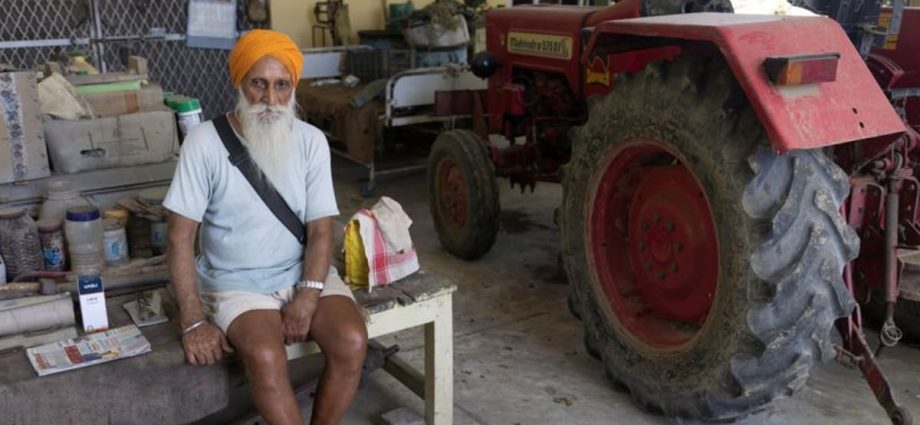
“ATMOSPHERE OF FEAR”
“We now fear whether Canada will give student visas or if the Indian government will create some hurdles,” said undergraduate Gursimran Singh, 19, who wants to go to Canada.
He was speaking at the holiest of Sikh shrines, the Golden Temple in Amritsar, where many students go to pray or give thanks for student visas.
The temple became a flashpoint for Hindu-Sikh tension when then-Prime Minister Indira Gandhi allowed it to be stormed in 1984 to flush out Sikh separatists, angering Sikhs around the world. Her Sikh bodyguards assassinated her soon afterwards.
Ties between Sikh groups in Punjab and Prime Minister Modi’s Hindu-nationalist Bharatiya Janata Party (BJP) government have been strained since Sikh farmers led year-long protests against farm deregulation in 2020 and blocked the capital, forcing Modi to withdraw the measure in a rare political defeat for the strongman.
Modi’s government has created “an atmosphere of fear”, especially for young people, said Sandeep Singh, 31, from Nijjar’s village.
“If we are doing a protest, parents wouldn’t like their child to participate because they are afraid their children can meet the same fate” as Nijjar in Canada, he said.
Kanwar Pal, political affairs secretary for the radical separatist Dal Khalsa group, said, “Whosoever fights for Khalistan fights for the right to self-determination, rights for plebiscite in Punjab. India perceived those Sikhs as their enemies and they target them.”
A BJP spokesperson declined to comment on the accusations.
Senior BJP leaders have said there was no wave of support in Punjab for independence and that any such demands were a threat to India. At the same time, the party says no one has done as much for the Sikhs as Modi.

